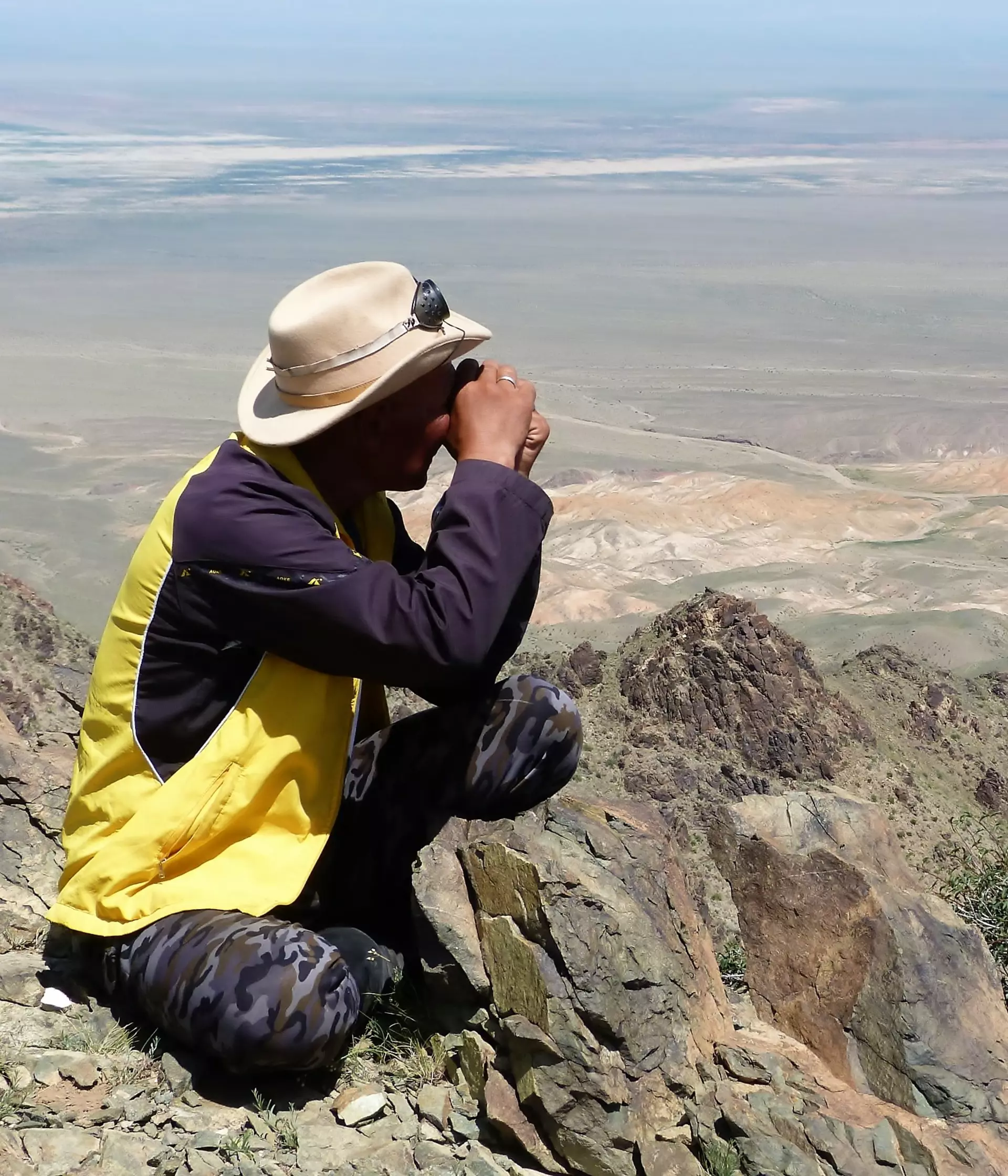Mongolia illegal wildlife trade
The illegal wildlife trade is driving Mongolian wildlife to its limits. As recent as the 1990’s Mongolia was home to a wildlife spectacle like nowhere else, with marmots as common as grasshoppers and a million white-tailed gazelle roaming the vast landscape. Today the story is very different, 850,000 marmots were killed in 2015 alone, and there has been a once unthinkable 75% decline in their numbers over the last 30 years.
People and nature can thrive together.
We’re working in Mongolia to restore their Steppes habitat to its spectacular best by training teams of law enforcement professionals on different areas and facets of conservation. We have pioneered infrastructure to prevent the illegal wildlife trade across Mongolia, by establishing a new ecological police department and providing cutting-edge border control training. Through working with law enforcement and communities on the ground we are creating a new future, where people and wildlife live better together.
Stopping the Mongolian Illegal Wildlife Trade
Preventing the illegal wildlife trade in Mongolia is a uniquely difficult task. Mongolia is six times bigger than the UK and has around the same population as Greater Manchester. This means law enforcement officers must be expertly trained and equipped to stop the overwhelming flow animals from their borders. We have been training law enforcement officers since 2013, building the necessary infrastructure to save millions of animals each year.
Including:
Training the Mongolian Border Force in cutting-edge techniques, including introducing border detector dog units at internal wildlife trade hotspots.
Establishing a Wildlife Crime Control Task Force, introducing shared intelligence between agencies and across borders.
Setting-up an Ecological Police Department which now leads on countering illegal wildlife trade efforts across Mongolia.
Providing high-tech equipment including drones, night vision goggles, and laptops which has empowered law enforcement teams.
This goes beyond only protecting nature, the criminal networks that smuggle wildlife are the same gangs which smuggle all kinds of illegal goods and even engage in human trafficking. Detector dog patrols informed by our SMART approach have uncovered illegal firearms, helping tackle all illegal activity in addition to wildlife crime.
Mongolia community support
The illegal wildlife trade is not profitable in Mongolia. Poachers are forced to hunt unsustainably because their profit margins are so slim. Saving Mongolia’s wildlife is not only important for conservation, but it also protects the livelihoods and cultural identities of its nomadic communities. We’re creating a grassroots movement to empower communities to have better choices, which helps people and their wildlife. We’re supporting livestock herders through teaching new sustainable management practices and upskilling people to find better careers.
Our outreach work is helping the illegal wildlife trade be seen as an important issue in Mongolia. We have delivered an awareness campaign in partnership with Mongolia’s largest telecom provider, Mobicom, which reached one third of the country’s population.
As human activities push our planet to its limits, it’s more vital than ever to bring people with us to drive nature’s recovery. You can be part of it too. Help power solutions to save our living world at ZSL.
Our People:
Tungalag Ulambayar - Mongolia country director
Munkhjargal Bayarlkhagva - Project Officer
Bolor Radnaabazar - Programme Officer
Munkhzaya Myagmarjav- Finance Officer
Bilguun Batkhuyag – Biologist
Our Partners:
Ecological Police Department (EPD) of National Police Administration of Mongolia
University of Law Enforcement (ULE) of Mongolia
Professional Union of Detector Dogs (PUDD) of Mongolia
Union of Conservation Communities (UCC), Bulgan soum, Arkhangai aimag of Mongolia
City of London Police, Forensic Science Service
Veterans for Wildlife, UK (V4W) capacity building charity
